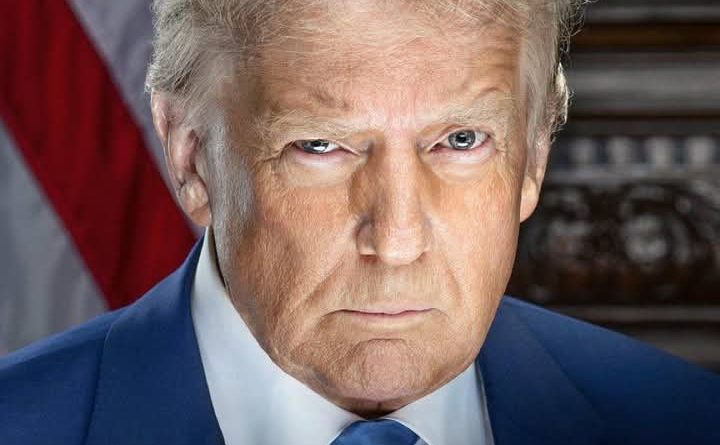US Says Latest Visa Decision Against Nigeria Unconnected To BRICS, Venezuelan Refugees
By Bukar BOLORI
The United States Mission has explained that recent reduction in visa validity for Nigerian nonimmigrant travellers is not tied to Nigeria’s position on BRICS nor the Venezuelan deportees.
US President Donald Trump had threatened to impose tariffs on “Any country aligning themselves with the Anti-American policies of BRICS”.
Trump made the statement few days ago while BRICS leaders and associates met in Rio de Janeiro, Brazil for the 2025 summit.
The Minister of Foreign Affairs, Amb. Yusuf Tuggar had on Thursday on one of the National Televisions during his reaction to recent stringent visa regime to Nigerian travellers by the American government noted that it may be as a result of non acceptance of Venezuelan deportees, insisting that the country has trouble of its own.
Tuggar said: “We already have over 230 million people,” and cannot add to our headache.
The US Mission in Abuja while clarifying the latest visa validity decision on Friday noted that the decision was rather based on a global security and technical review.
The mission in a statement on Facebook also reaffirmed its commitment to bilateral cooperation with Nigeria and expressed willingness to work with Nigerian authorities to meet the necessary criteria.
The statement read: “The U.S. Mission Nigeria wishes to address misconceptions about the recent reduction in visa validity for most nonimmigrant U.S. visas in Nigeria and other countries. This reduction is not the result of any nation’s stance on third-country deportees, introduction of e-visa policies, or affiliations with groups like BRICS.
“The reduction in validity is part of an ongoing global review of the use of U.S. visas by other countries using technical and security benchmarks to safeguard U.S. immigration systems.
“We value our longstanding partnership with Nigeria and remain committed to working closely with the Nigerian public and government officials to help them meet those criteria and benchmarks, thereby ensuring safe, lawful, and mutually beneficial travel between our nations.”




